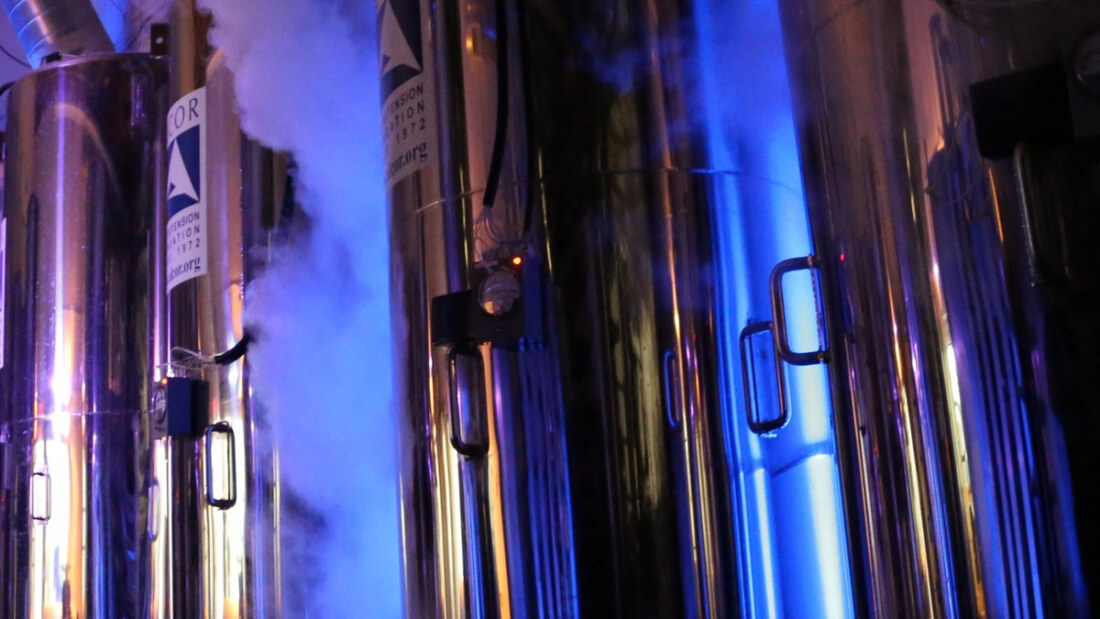A terminally-ill 14-year girl from the UK won a landmark legal case shortly before her death to be cryogenically preserved in the hope that she may be brought back to life at some point in the future. The teenager's estranged father had originally opposed the idea, but a court ruled that her mother should be the only one to make decisions about the disposal of her daughter's body.
The teenager, known as JS, died from a rare form of cancer in October but details of her case have only now been released. During the last months of her life, she used the internet to research cryonics, the practice of preserving a body - usually at around -320.8 Fahrenheit - so that the person can be resuscitated and restored to full health at a point in the future when technology is sufficiently advanced.
The girl's parents are divorced. She hadn't seen her father since 2008 and resisted his attempts to get back in touch after he learned of her illness in 2015. While her mother supported her daughter's wishes, the girl's father opposed them at first.
"Even if the treatment is successful and she is brought back to life in let's say 200 years, she may not find any relative and she might not remember things and she may be left in a desperate situation given that she is only 14 years old and will be in the United States of America," he said.
As a child cannot make a will, it was her father's objections that lead to the court case. Although he eventually changed his mind, saying he respected his daughter's decision, she would not agree to his wish that he be allowed to see her body after death.
During the case, the girl wrote to the judge, Peter Jackson, stating: "I have been asked to explain why I want this unusual thing done. I'm only 14 years old and I don't want to die, but I know I am going to. I think being cryo‐preserved gives me a chance to be cured and woken up, even in hundreds of years' time."
"I don't want to be buried underground. I want to live and live longer and I think that in the future they might find a cure for my cancer and wake me up. I want to have this chance. This is my wish."
After visiting her in hospital, Jackson said he was touched by "the valiant way in which she was facing her predicament." He said the ruling wasn't about the rights or wrongs of cryonics, which is still regarded with skepticism by the scientific community, but about a dispute between parents over the disposal of their daughter's body.
As there are no cryonic facilities in the UK, the girl's body was transported to the US where a commercial company has frozen it "in perpetuity" for a cost of almost $46,000. The judge noted that the girl's family is not well off, but her mother's parents had raised the money.
As of 2014, about 250 bodies were cryopreserved in the United States, and 1500 people had made arrangements for cryopreservation after their legal death.
